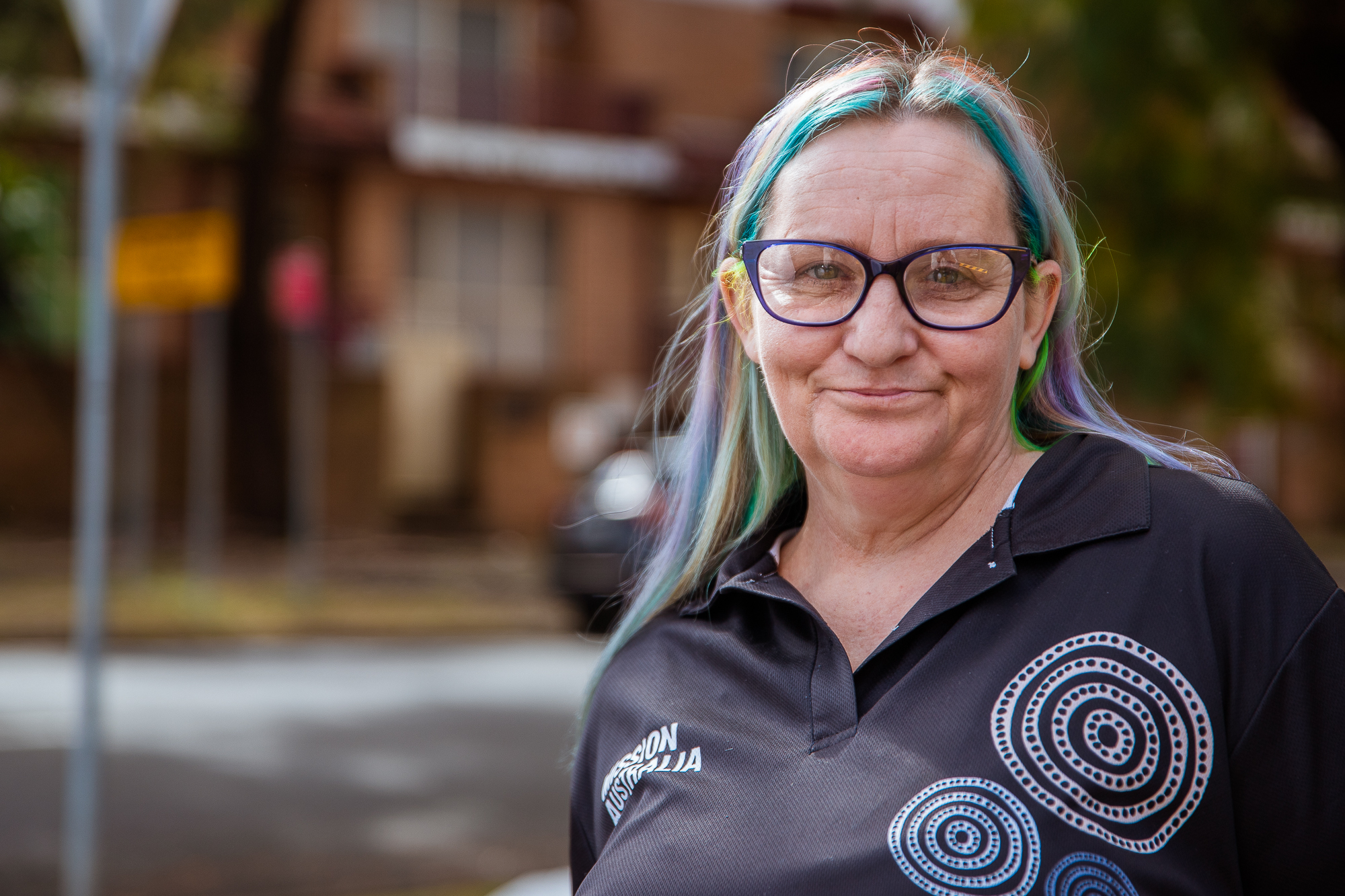Automatic language translation
Our website uses an automatic service to translate our content into different languages. These translations should be used as a guide only. See our Accessibility page for further information.
When Courtney first met Kassie, a Targeted Earlier Intervention (TEI) caseworker for Mission Australia, she had a hard time believing Kassie would stick around. But that’s exactly what Kassie did. Through both good and challenging times, Kassie supported Courtney to develop her confidence and independence. Courtney and Kassie have remained close since working together, and their unique bond continues to give Courtney the security to live her life to the fullest.
Are you a TEI practitioner or someone with an interest in TEI practice? Take a closer look at the practice behind the story and learn how these TEI practitioners were able to connect with their clients and communities to achieve strengths-based, trauma-informed and person-centred outcomes.

Kassie is an Adolescent and Family Caseworker, working for Mission Australia as part of their Early Intervention Prevention Program. Kassie is an open-minded advocate for young people and believes that a little direction and persistent support goes a long way.
Having a passion for the work you do is really important in order to support your client. I think young people are really misunderstood, people see them as having “bad behaviour”, being “difficult”. There is no “bad kid”, no “bad teenager”. Their behaviour is a result of the experiences they’ve had and what they've seen in life. Sometimes they just need a bit of direction and a bit of support to get where they want to be.
It’s really important to work collaboratively with other TEI services as well as other youth services within the sector. Other services offer different programs that clients benefit from having access to. We often refer clients for counselling, brokerage and housing for example.
It's also helpful to work collaboratively so that we can advocate for the sector as a whole. If I stayed in a TEI Mission Australia bubble, I'd only see the service delivery from one point of view. When we develop networks and connections with other services, we can see the service system as a whole and identify where there are gaps. Then we're able to advocate to change our service delivery to better support people.
Young people who've had difficult upbringings, especially those who have experienced trauma (which a lot of our clients have), have not necessarily been able to learn positive and practical decision-making skills from a parent or guardian. It might be that their parents also never learnt this. By using trauma-informed, strength-based practice, I'm able to encourage my clients to make their own decisions, by acting as an example or a sounding board for them. I explain that this is their life, not mine, and I’m not there to make decisions for them. I’m here to give them the encouragement, support, skills, knowledge and guidance they need to help them achieve their goals.
For me, this one is about persistence. Many clients have been let down by a lot of people in their lives and have a hard time trusting. I make it clear to my clients that I will be there. I told Courtney that I would stay and I did.
It’s important to be able to provide early support to try and prevent issues for people when they get older. The flow on effect of this support is how they can then become better parents if they have kids one day. Early intervention gives people the skills and knowledge to be able to make positive choices in order to prevent crisis. If a crisis does occur they are equipped to access support as needed. Early intervention saves lives, but it does more, it gives life. Life shouldn’t be just about surviving and getting through the week, people should be able to flourish. Early intervention helps people have a good life.
I love my job. I've been doing it for 17 years now. It's a hard job, I won't sugar coat it. Some of the stories I hear are heart-breaking. You have to be able to detach yourself to an extent, to not take it home with you. When you see a young person struggling you want to jump in and fix it, but you have to take a step back, and not internalise it for yourself. But, I love young people. I think they're so misunderstood, I want to help the ones that have had a rougher time. Seeing a client smile after they have achieved even the smallest goal is my ultimate reward.
If you believe someone you know would benefit from some extra support or connecting with community services, search TEI on ServiceSeeker to find a service. If you need help finding a TEI service visit Family Connect and Support.
If you’re working with a family or young person and would like to refer to one of these services, search TEI on ServiceSeeker.
Last updated: